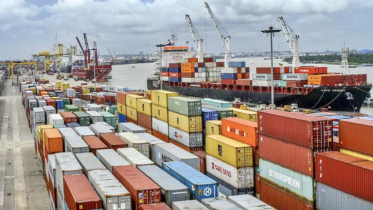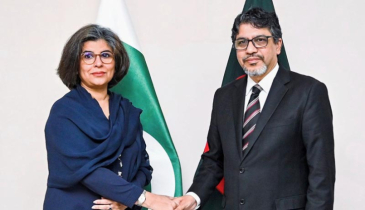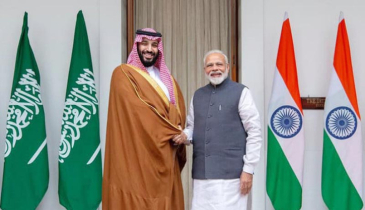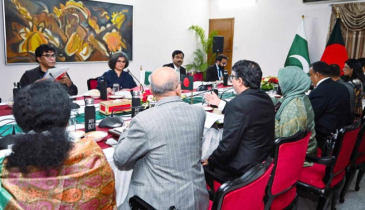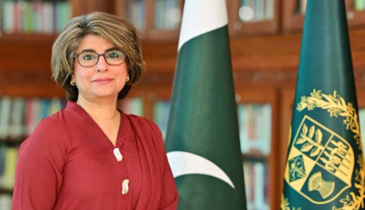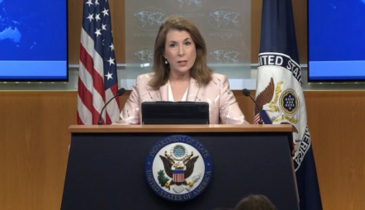Taliban govt clearing 'un-Islamic' books from Afghan Shelves
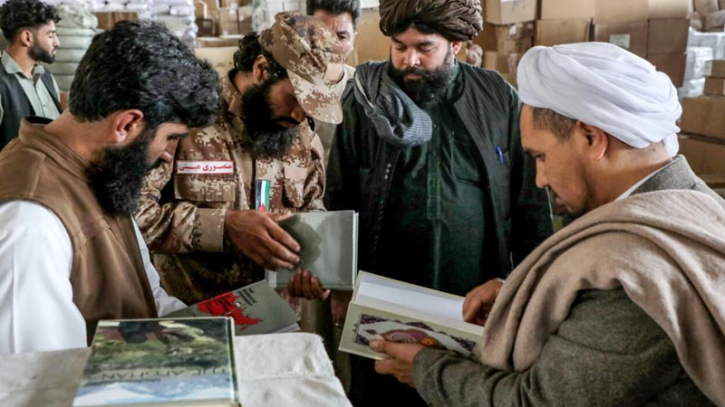
The Taliban administration has launched a nationwide campaign to purge 'un-Islamic' and anti-government literature from circulation in Afghanistan. This initiative involves scrutinizing imported books, removing contentious texts from libraries, and issuing lists of banned publications.
The effort is spearheaded by a commission established by the Ministry of Information and Culture shortly after the Taliban assumed power in 2021. Their governance is rooted in their strict interpretation of Islamic law, or Sharia.
In a statement issued in October, the ministry revealed that the commission had identified 400 titles deemed inconsistent with Islamic and Afghan values. Many of these works have since been confiscated from public markets. To replace these, the ministry has distributed copies of the Quran and other Islamic literature, emphasizing their commitment to promoting religious texts.
While official figures on the number of removed books have not been disclosed, sources, including a Kabul-based publisher and a government employee, confirmed that books have been collected multiple times, including during the first year of Taliban rule and again recently.
'There is significant censorship, making it extremely challenging to work. Fear has gripped everyone,' the Kabul publisher shared with AFP.
The publisher also noted that restrictions on literature existed under the previous foreign-backed government, which faced its own issues, such as corruption and political pressures. However, the environment then was markedly different. 'Back then, one could express themselves freely without fear, even if change seemed uncertain,' he said.
The Taliban’s campaign reflects their broader aim of reshaping Afghan society under their interpretation of Islamic principles, sparking concern among those who value diverse literary and cultural expression.
.png)



